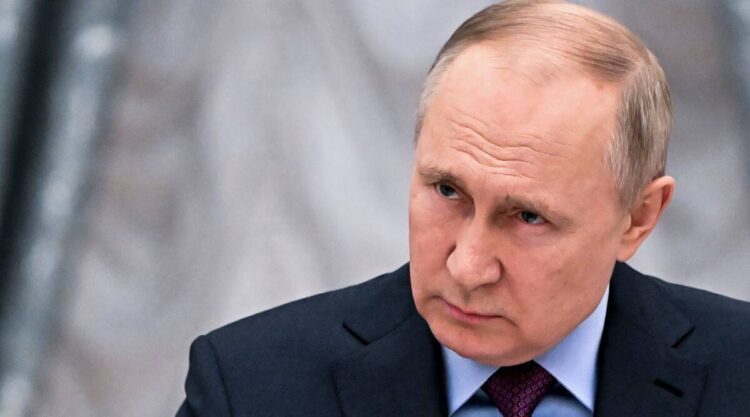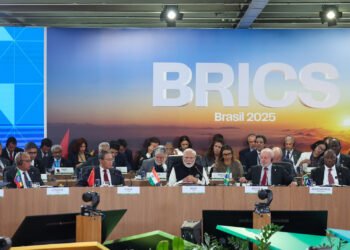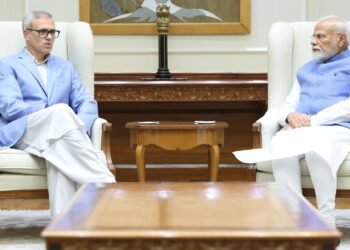Smart class solutions can empower teachers and students to Learn Unlimited in classrooms, with the support of government, NGO, and CSR.
ICC’s arrest warrants for Russian President Vladimir Putin and Maria Alekseyevna Lvova-Belova have significant implications for accountability in cases of international crimes. The ICC accuses Putin of war crimes related to the abduction of children from Ukraine, but its execution depends on international cooperation since the ICC has no police force. While Moscow does not recognize the court’s jurisdiction, the action taken by the ICC will have a crucial impact on the issue of impunity. Human rights advocates and experts suggest that the warrants send a clear message that those who commit international crimes will be held accountable, including heads of state.
Russia and Ukraine’s stance on the ICC’s jurisdiction
The International Criminal Court (ICC) has issued an arrest warrant for Russian President Vladimir Putin and Maria Alekseyevna Lvova-Belova, the Commissioner for Children’s Rights in the Office of the President of the Russian Federation, for war crimes related to the abductions of children from Ukraine. The court has accused Putin of being responsible for the war crime of unlawful deportation and transfer of population from occupied areas of Ukraine to Russia. However, the ICC has no police force of its own to enforce warrants, and the execution of the warrants will depend on international cooperation.
ICC prosecutor’s findings on suspects’ responsibility for war crimes
Moscow does not recognize the court’s jurisdiction, and Ukraine is not a member of the court, but it has granted the ICC jurisdiction over its territory. The ICC prosecutor Karim Khan has visited Ukraine four times since opening an investigation a year ago. The court’s pre-trial chamber found that there were reasonable grounds to believe that each suspect bore responsibility for the war crime of unlawful deportation and transfer of population from Ukraine to Russia, in prejudice of Ukrainian children.
Putin’s individual criminal responsibility and Russia’s rejection of allegations
The ICC said that “there are reasonable grounds to believe that Mr Putin bears individual criminal responsibility” for the child abductions, committed directly or through others, and for his failure to exercise control properly over civilian and military subordinates who committed the acts. While Russia rejected the allegations and warrants of the court, the ICC action will have an important impact on the issue of impunity and the accountability of those who commit international crimes.
ICC’s Effect on International Crime Accountability and Human Rights Responses
According to Balkees Jarrah, associate international justice director at Human Rights Watch, “The warrants send a clear message that giving orders to commit, or tolerating, serious crimes against civilians may lead to a prison cell in The Hague.” Prof. David Crane, who indicted Liberian President Charles Taylor 20 years ago for crimes in Sierra Leone, said dictators and tyrants around the world “are now on notice that those who commit international crimes will be held accountable to include heads of state.”
(India CSR)























